Why the Early Years Are So Important
In her perceptive article, Sunayana Chatrapathy shares how it is possible to fulfil the Early Childhood Care and Education (ECCE) mandate of NEP 2000 by transforming Anganwadis into safe spaces that nurture a culture of learning, and by capacitating Anganwadi functionaries.
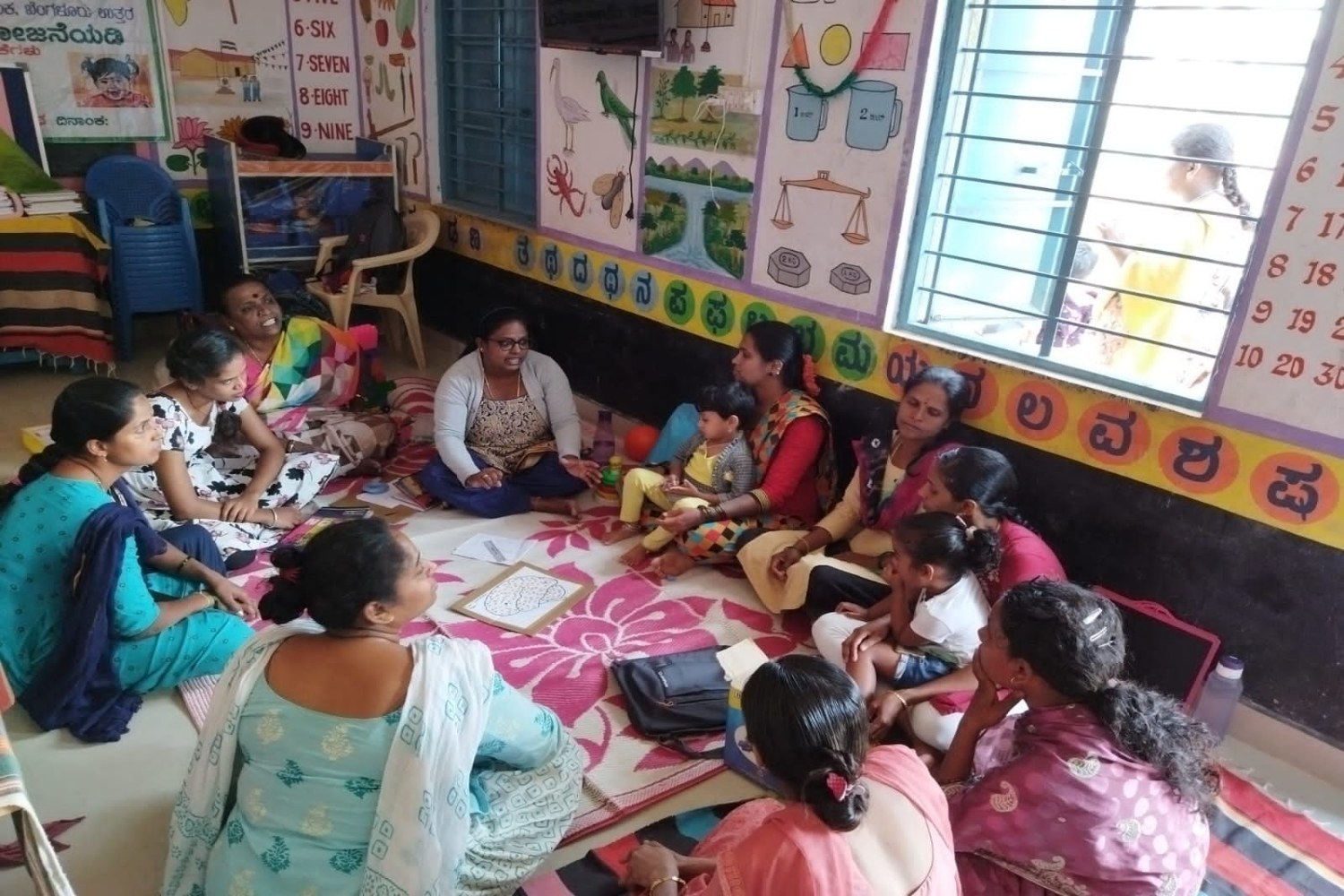
“Early Childhood Care and Education is the greatest and most powerful equalizer” is a line that resonated with all of us at Makkala Jagriti when the draft National Education Policy 2020 (NEP 2020) came out. Evidence from neuroscience shows that over 90% of a child’s brain development occurs before the age of six years. The brain has extraordinary capacity for learning during this phase. Early childhood care and education is a critical window for development, which sets the foundation for later successes in school, career and life.
Various global studies have also revealed long-term impacts of ECCE. There are strong correlations between quality preschool education and higher incomes and lower rates of unemployment. Estimates reveal that the development of a strong ECCE program is among the very best investments that a country could make. ECCE promotes equity, giving the best chance for children to grow up into thoughtful, creative, empathetic, and productive human beings.
Disadvantaged children can benefit the most from high-quality early childhood education. Returns from interventions that take place during a child’s early years are more significant than those that occur later on. When everyone is given a strong start, it helps reduce the costs needed to address poor results later on.
This also sets children on a trajectory to stay in school and achieve their learning potential.
This is crucial, since inequalities that take root early on tend to grow throughout school and life, making it increasingly difficult and expensive to address disparities later.
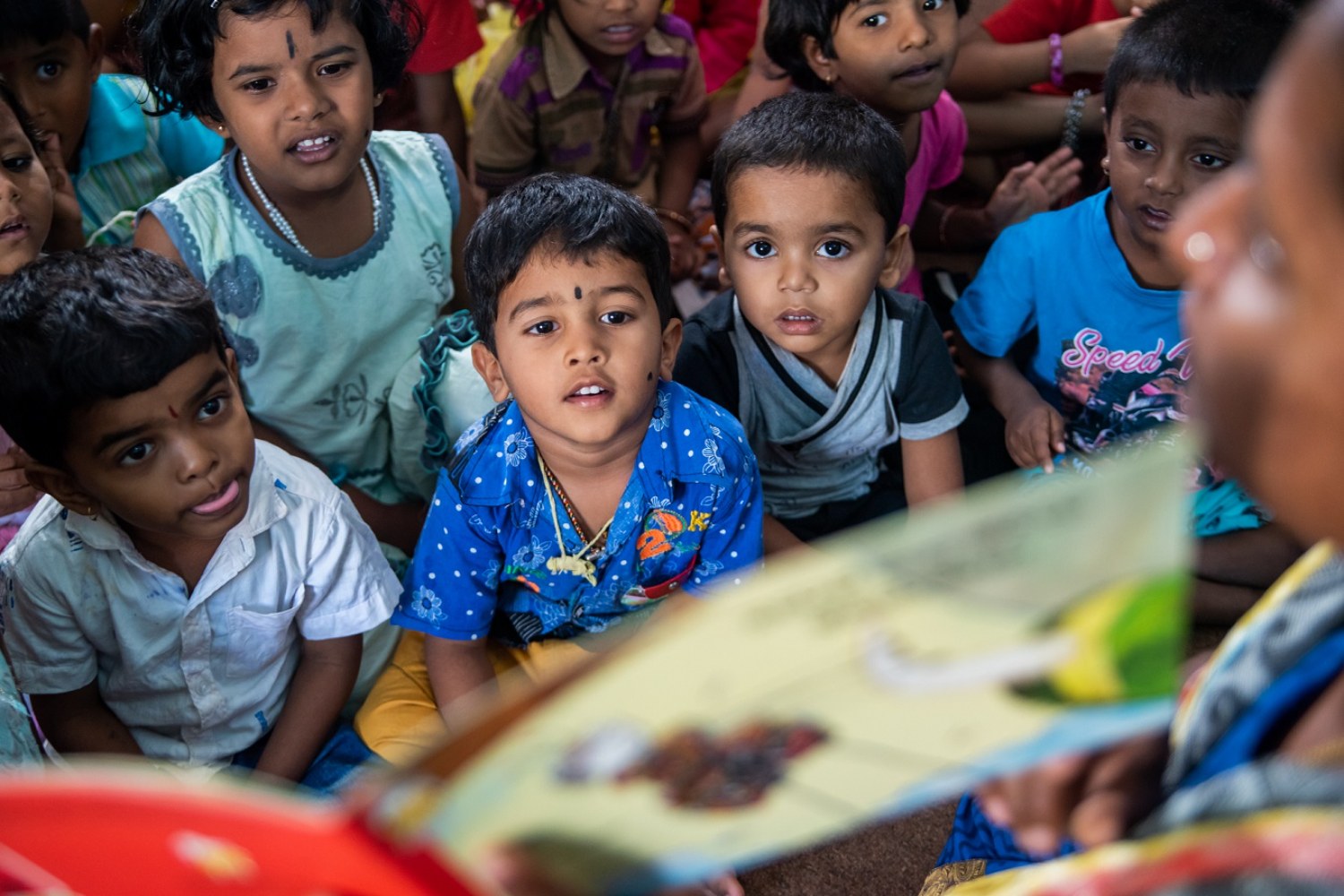
What Does the NEP-2020 Say about ECCE?
Key aspects laid out in NEP 2020 with respect to ECCE include the following:
Universal access to high-quality ECCE across the country in a phased manner.
A five-year foundational stage including three years of early childhood education and the first two years of primary school (as per the 5+3+3+4 framework).
NCERT to develop a National Curricular and Pedagogical Framework for ECCE in two parts for 0-3 years and 3-8 years. Focus on holistic development and not just the 3-‘R’s. This includes physical and motor development, cognitive development, socio-emotional-ethical development, cultural/artistic development, and the development of communication and early language, literacy and numeracy. Delivery through the existing system consisting of stand-alone Anganwadis, Anganwadis co-located with primary schools, pre-primary schools/sections with existing primary schools and stand-alone pre-schools.
Training for Anganwadi teachers and other ECCE workforce through pre-service and in-service trainings mentored by Education Department’s cluster resource centers.
Convergence of various departments including the Ministries of Education, Women and Child Development (WCD), Health and Family Welfare (HFW), and Tribal Affairs.
ECCE and Education Policies
Historically, children below the age of six years have not received much attention in our education policies. While the last National Policy on Education (1986) mentions ECCE as an important factor, the focus and attention to the early years from an education perspective has been limited. The government also launched the National policy on ECCE in 2013. However, little has been done by the states so far to bring the focus on ECCE.
What has worked well is the Integrated Child Development Scheme (ICDS), one of the world’s largest government-led programs for provisioning ECCE. It was launched in 1975. ICDS is designed to provide a range of services for young children under six years of age. These include preschool non-formal education, supplementary nutrition, healthrelated awareness, immunization, health check-ups and referral services. These services are delivered through a network of centres called Anganwadis.
Currently these centres number around 1.4 million. These Anganwadis are run by around 1.3 million Anganwadi workers and 1.2 million Anganwadi helpers. These frontline staff serve approximately 80 million children.
ICDS is managed by the Department of Women and Child Development. ICDS has done remarkable work in catering to the health, nutrition and immunization needs of children through the Anganwadi network. However, pre-school education and early stimulation needs have not been prioritized. This has left children less equipped for their school life and adulthood.
It is therefore now a welcome and significant change that NEP 2020 focuses on Early Childhood Care and Education – the beginning of a child’s educational journey to build a strong foundation. This has the potential to make a massive difference to young children below the age of six years across the country.
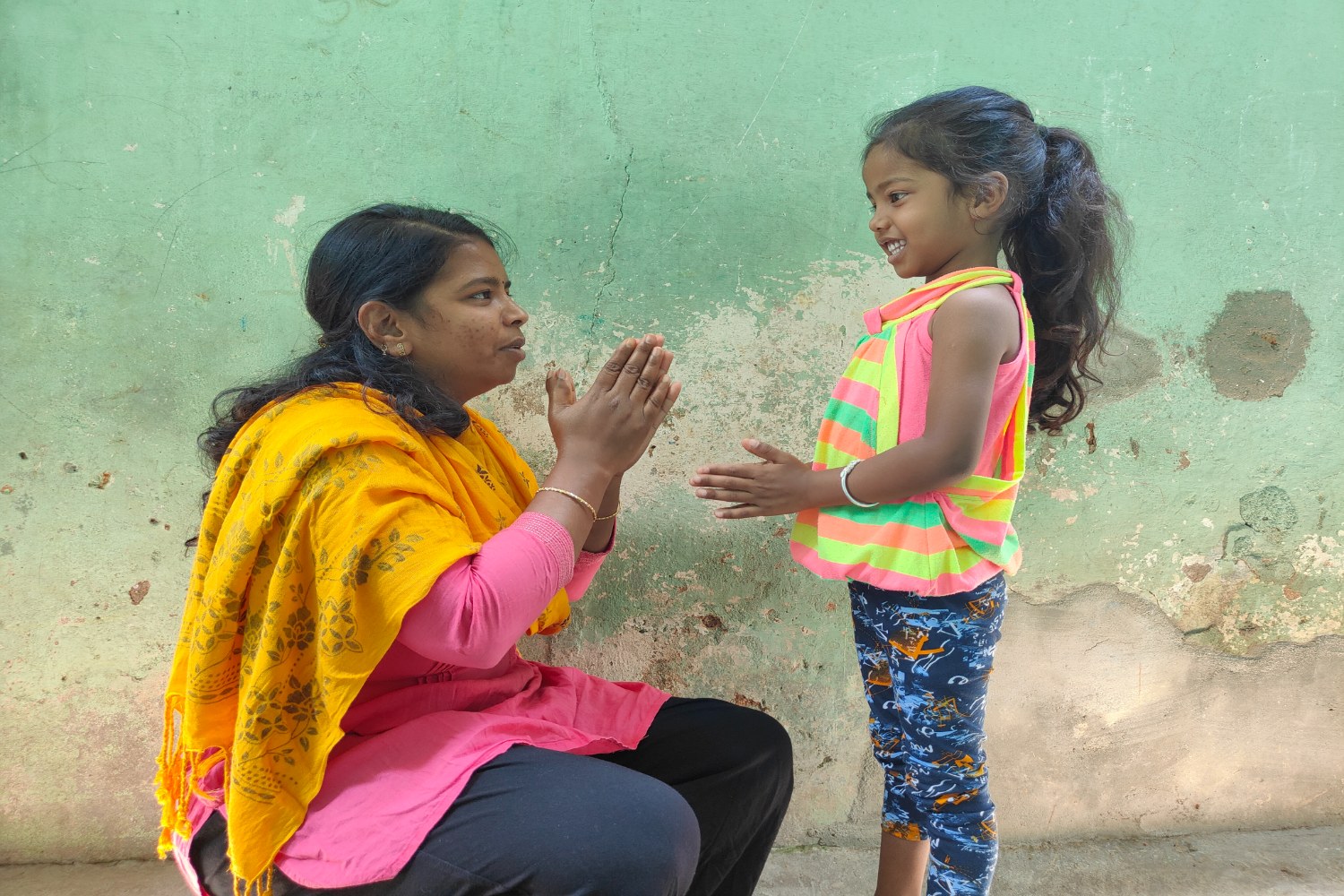
Makkala Jagriti’s Experience in ECCE
Makkala Jagriti has been working with children from socio-economically disadvantaged communities for 19 years now. In our work with government schools and poor urban communities, we noticed that children who came to the school at the age of six years were just not school-ready. They lacked the necessary fine and gross motor skills, cognitive skills and socioemotional skills. All these showed that the Anganwadi system was not able to offer the required stimulation for different domains of development.
This prompted us to work with Anganwadis in partnership with the Department of Women and Child Development. We have had three main focus areas for bringing about quality ECCE and school-readiness among children.
First, creating safe, vibrant and conducive environments in Anganwadis: This is an important first step to ensure that the centers are functional, safe and wellequipped, with the right age-appropriate materials and environment for pre-school learning.
Second, building the capacities of Anganwadi teachers and helpers through formal trainings, mentoring and handholdings: They are trained on the importance of their role, importance of early years and on every domain of development for early years.
Third, empowering parents and communities to be effectively involved in children’s learning process and in the Anganwadis’ functioning: It is not enough to focus on the Anganwadi system only. Parents and communities have a huge role to play, especially in the early years. Parents are trained to create conducive home environments, provide early stimulation at home and nurture children’s development meaningfully and thoughtfully.
Makkala Jagriti has so far worked directly in more than 300 Anganwadis in urban and rural Bengaluru. We have seen transformation in the Anganwadis where the time spent by Anganwadi teachers on pre-school learning activities has increased from 30-40 minutes to 2.5-3.5 hours. Parents and community members are now more involved. Children’s attendance in the Anganwadis has increased as well. Most importantly, children’s outcomes across all domains of development have shown significant improvement.
What has worked for Makkala Jagriti is following an ecosystem approach, involving all the stakeholders right from the visioning of the program. Our non-threatening, collaborative approach ensures that stakeholders like parents and Anganwadi teachers not only provide the buy-in but also strongly believe in the purpose and take it forward. Using experiential learning methodologies for the training of teachers and parents ensures that the learning is more effective and sustains over time.
Two of the most significant aspects of Makkala Jagriti’s approach aligned to NEP 2020’s recommendations are the following. The first is that the Anganwadi teachers’ training program is delivered through experiential learning methodologies. The second involves activity-based sessions equipping teachers with the knowledge, skills and attitudes to play their role as effective ECCE practitioners.
Prabha, an Anganwadi teacher from the Tharahunise Anganwadi, says, “I wasn’t aware that my role was this important. I feel proud and motivated that my activities with the children can make a huge impact on them for the years to come. I spend all the time I can on engaging children in activities catering to various domains of their development.”
During the Covid-19 pandemic, from June 2020 to March 2022, we also had the opportunity to run a virtual program for 66,000 Anganwadis across the state of Karnataka. Through this process, we disseminated short videos to parents to equip them with the skills and knowledge to engage their children meaningfully at home. These involved everyday activities they could perform with locally available resources.
Looking Ahead
NEP 2020’s priority on ECCE is a step in the right direction. There is much that needs to be done. There is an urgent need to spread awareness on the importance of ECCE across the country.
Civil society, early education experts, NGOs need to come together to partner with the government to make ECCE for every child a reality. ECCE has to become a social movement involving all sections of the society enabling bright futures for all our young children.

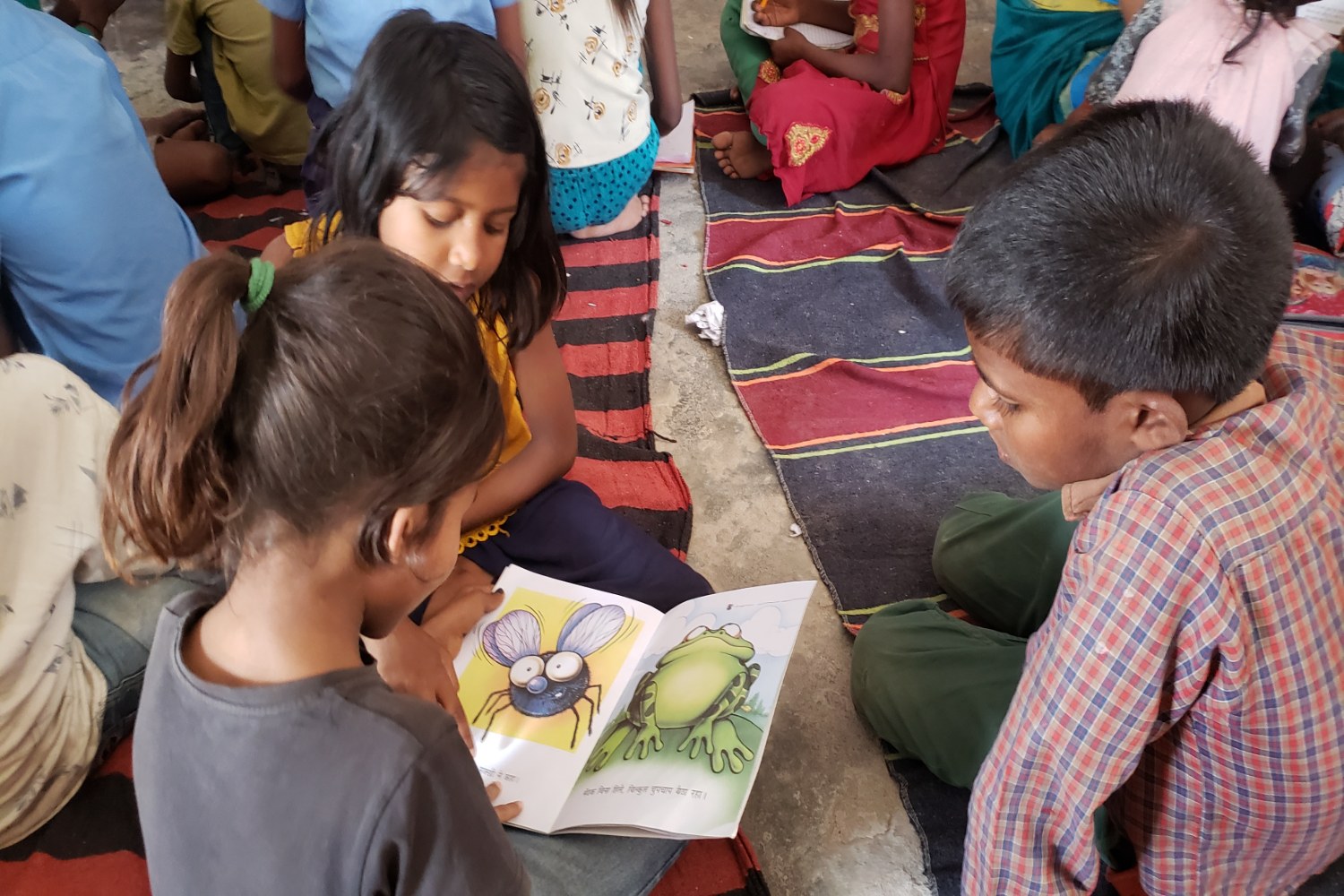
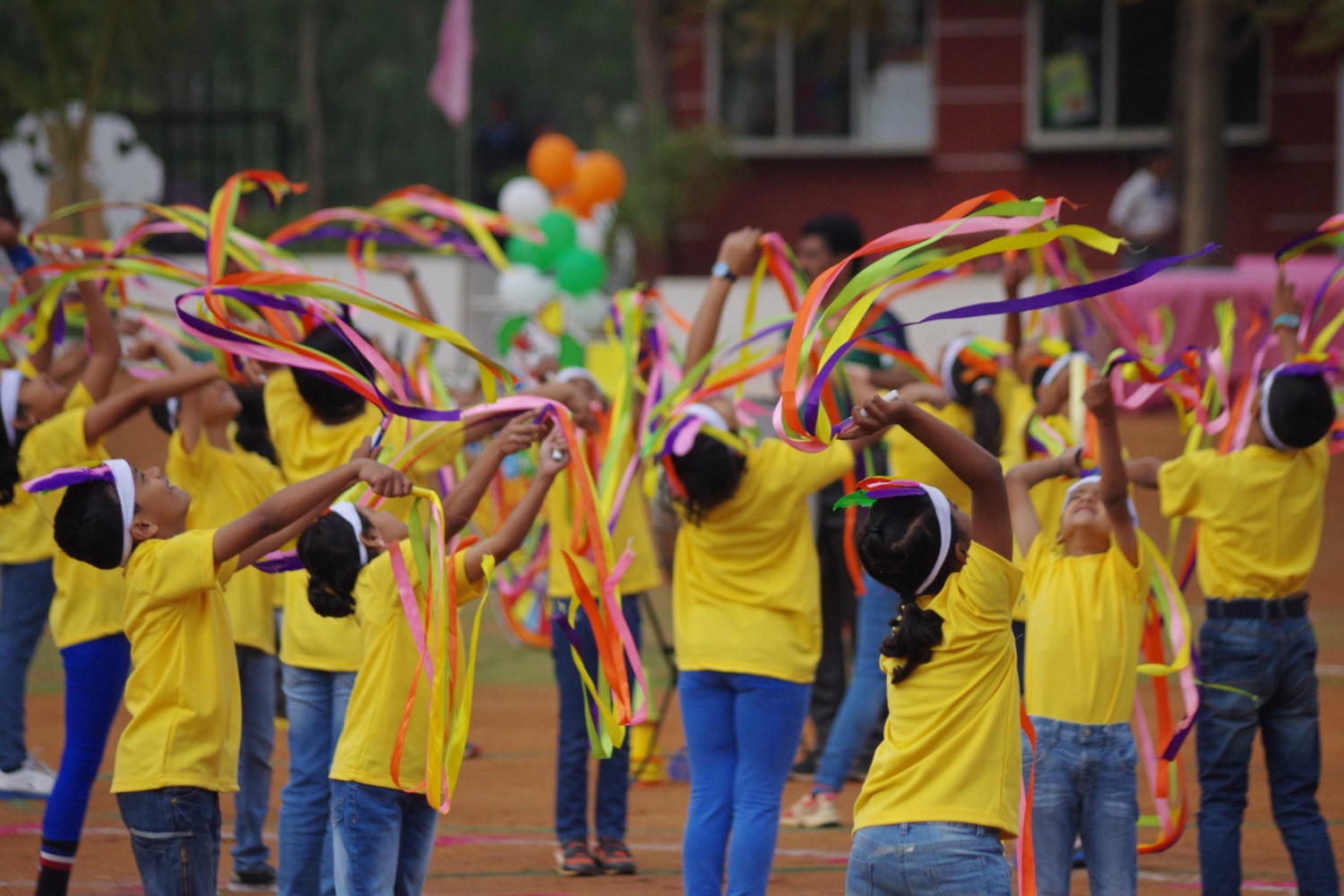
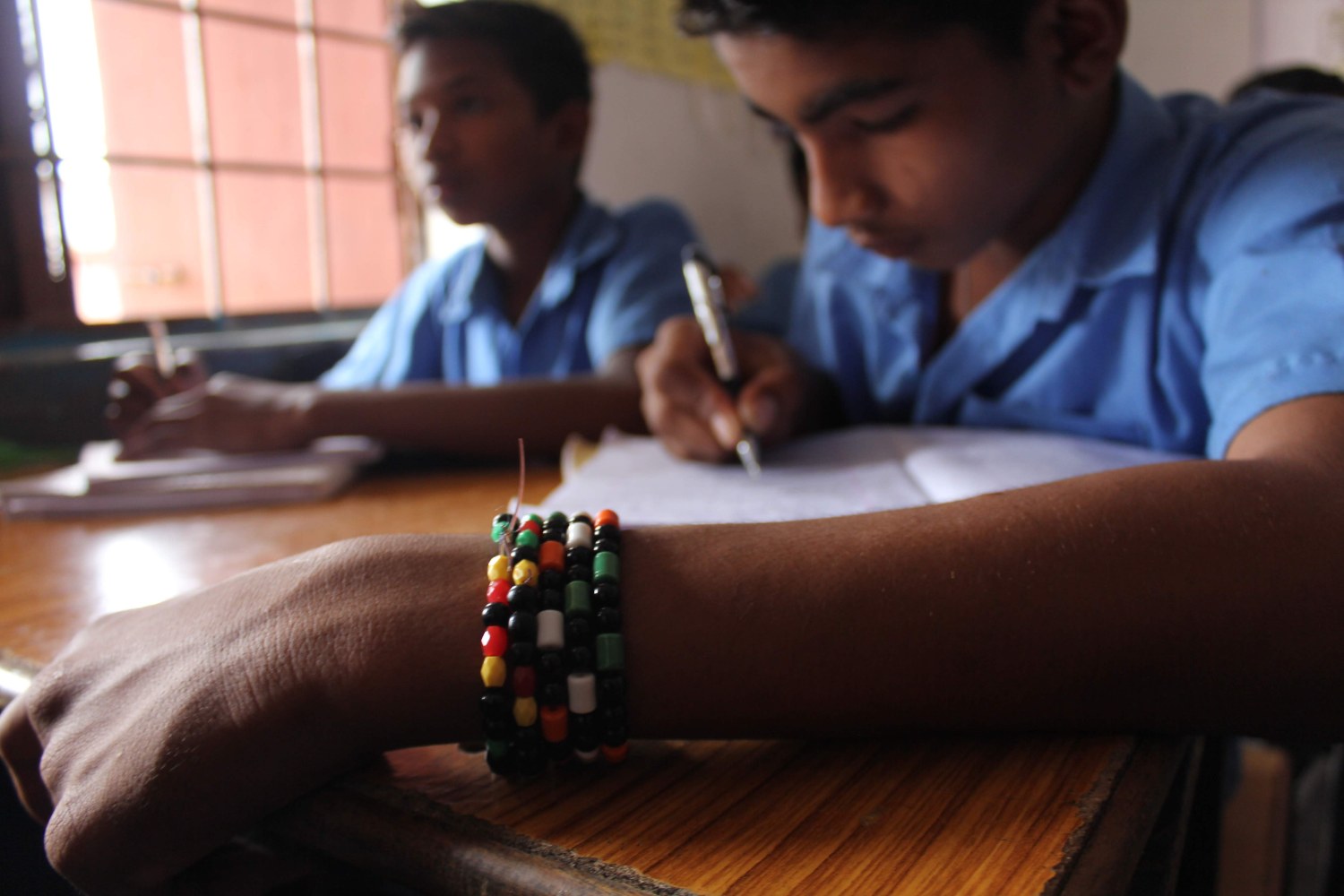
No approved comments yet. Be the first to comment!